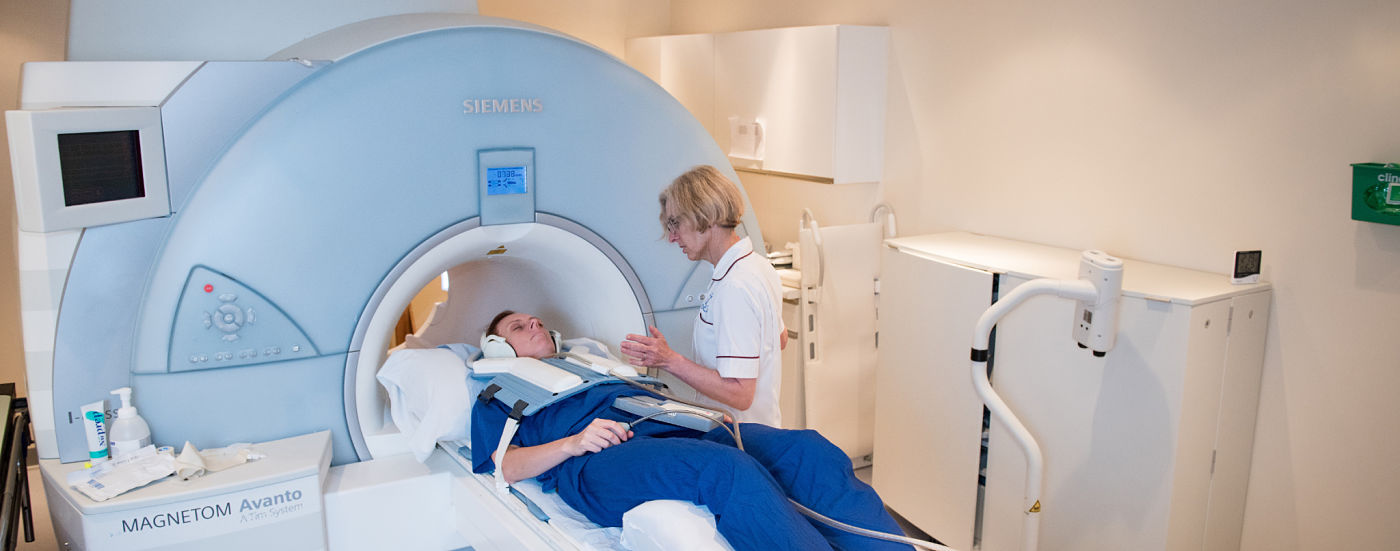The Oxford University Hospitals Trust has been awarded Foundation Trust status by the healthcare regulator Monitor. The Trust is a key partner in Oxford University's medical education and research.
Becoming a Foundation Trust means that the hospitals are run with less government direction and are instead more accountable to the local community through Trust members and governors. The trust continues to be part of the NHS and deliver services according to core NHS principles - free care, based on need and not ability to pay.
This decision comes after the Care Quality Commission gave OUH an overall rating of 'Good' in May 2014, and after scrutiny of the Trust's quality, finances, service delivery and governance arrangements by the NHS Trust Development Authority and Monitor.
Oxford University Hospitals (OUH) is one of the largest NHS teaching trusts in the UK. The Trust is made up of four hospitals - the John Radcliffe Hospital (which includes the Children's Hospital, West Wing, Eye Hospital, Heart Centre and Women's Centre), the Churchill Hospital and the Nuffield Orthopaedic Centre, all located in Oxford, and the Horton General Hospital in Banbury, north Oxfordshire.
They provide a wide range of clinical services, specialist services (including cardiac, cancer, musculoskeletal and neurological rehabilitation) medical education, training and research.
Many of the trust’s specialists are also part of the University of Oxford. This means that lessons from the day-to-day experience of real-life patient care are used to improve the University’s research and teaching, while the latest developments in medical research are used to improve patient care.
Our long and fruitful relationship has seen Oxfordshire’s people both support and benefit from the development of life-changing treatments.
Professor Alastair Buchan is head of Oxford University’s medical sciences division. He said: ‘The award of foundation trust status reflects the hard work, excellence and commitment of all the staff at the Oxford University Hospitals Trust, including many who are part of both the hospital and the University’s medical sciences division. That excellence is fundamental to our success as one of the world’s top medical schools and as a leading centre for medical research.
‘Our long and fruitful relationship has seen Oxfordshire’s people both support and benefit from the development of life-changing treatments. Together we will continue to improve healthcare, develop treatments and save lives, locally, nationally and worldwide.’
